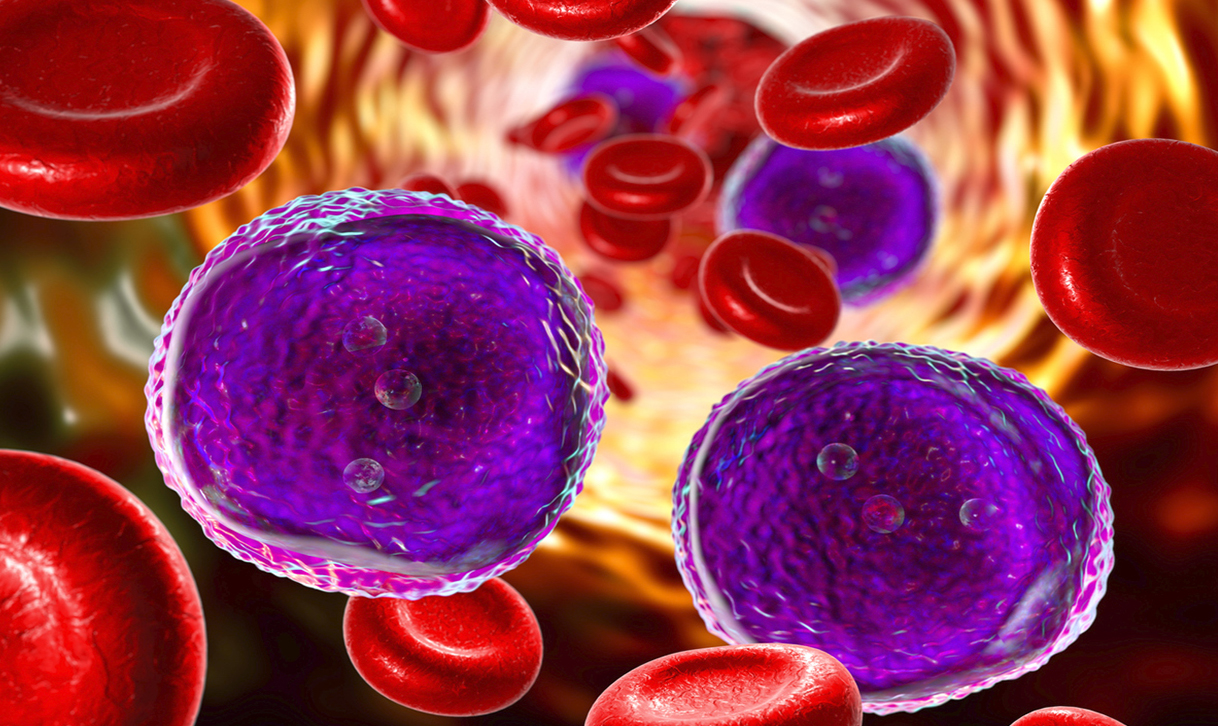LYMPHOMA
Lymphoma is a cancer of the lymphatic system, which is part of the body's germ-fighting network. The lymphatic system includes the lymph nodes (lymph glands), spleen, thymus gland and bone marrow. Lymphoma can affect all those areas as well as other organs throughout the body
Some common signs and symptoms include:
- Enlarged lymph nodes
- Chills
- Weight loss.
- Fatigue (feeling very tired)
- Swollen abdomen (belly)
- Feeling full after only a small amount of food.
- Chest pain or pressure
- Shortness of breath or cough.
Lymphoma treatments include:
• Active surveillance Some forms of lymphoma are very slow growing. You and your doctor may decide to wait to treat your lymphoma when it causes signs and symptoms that interfere with your daily activities. Until then, you may undergo periodic tests to monitor your condition.
Chemotherapy Chemotherapy uses drugs to destroy fast-growing cells, such as cancer cells. The drugs are usually administered through a vein, but can also be taken as a pill, depending on the specific drugs you receive.
Radiation therapy Radiation therapy uses high-powered beams of energy, such as X-rays and protons, to kill cancer cells.
Bone marrow transplant A bone marrow transplant, also known as a stem cell transplant, involves using high doses of chemotherapy and radiation to suppress your bone marrow. Then healthy bone marrow stem cells from your body or from a donor are infused into your blood where they travel to your bones and rebuild your bone marrow.
Treatment
Other treatments Other drugs used to treat lymphoma include targeted drugs that focus on specific abnormalities in your cancer cells. Immunotherapy drugs use your immune system to kill cancer cells. A specialized treatment called chimeric antigen receptor (CAR)-T cell therapy takes your body's germ-fighting T cells, engineers them to fight cancer and infuses them back into your body.
